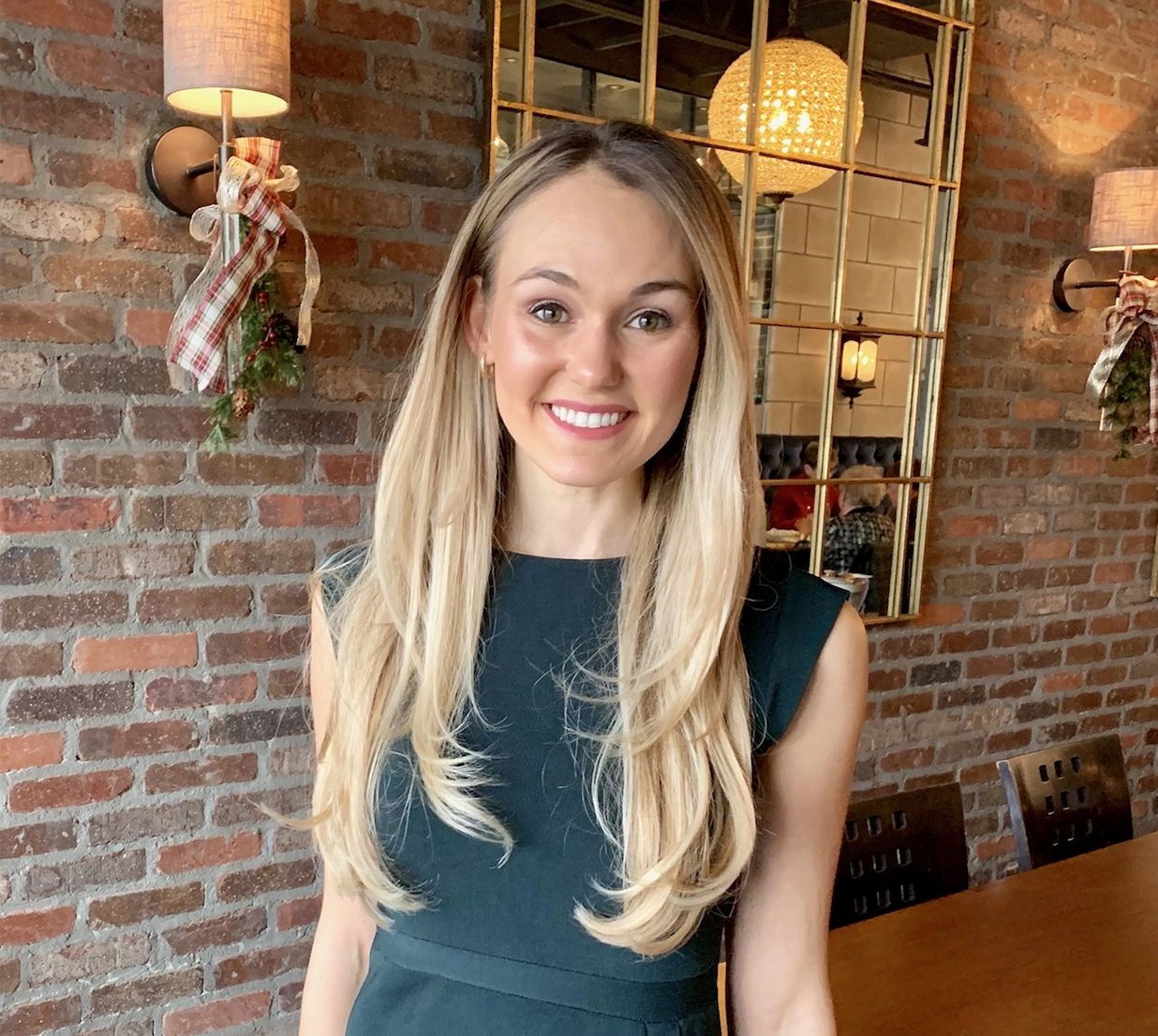The ways the coronavirus could change how employers conduct business
Bringing work home has taken on a whole new connotation.
Even as stay-at-home orders lift across the country, many continue to work from home. That can mean juggling kids who are now students, partners who are now colleagues, and work that has not been done remotely until now.
Krista Brumley, Ph.D., associate professor of sociology at Wayne State University, leads a team that collects data on employees' use of flexible work arrangements (FWA). Prior to the pandemic, the team had collected 600 survey responses from workers across the country. Once the coronavirus (COVID-19) hit, the team pivoted their study. They sent out a recontact survey that included questions specific to COVID-19, then a second wave of surveys to a new pool of dual-income couples working full time from home during the pandemic.

Laura Pineault, a doctoral candidate in industrial/organizational psychology and the primary graduate research assistant on the project, said that while initial results are preliminary, couples have reported an uptick in work-family conflict, and a decrease in relationship satisfaction and mental health.
She attributes these changes to the "collateral damage" inflicted by the pandemic. "Schools closing may lead to increased childcare demands for our surveyed working parents and thus, increased work-family conflict," she said. "Mass shifts to work-from-home mean that our respondents may be experiencing increased difficulty creating boundaries between work and home."
A challenge that one of the interviewees, a banker for several hospitals, acknowledged: "Because my client base includes hospitals, these entities are obviously experiencing many challenges, and as their banker, I need to provide them with support." She works from home with her husband, a professor, and daughter, an admissions representative for a university. All struggle to share space and take meetings at the same time. The interviewee added that to minimize stress, she tries to focus on what she can control, such as the quality of her work, and not on how others are reacting to the virus or ignoring social-distancing guidelines.
COVID-19 as a catalyst for change
The third and final wave of self-report surveys launched in May and data collection will continue through summer 2021. Time will tell the lasting effects quarantine and working remotely has on families and FWAs, but the preliminary data shows that workers can be productive at home even in the most trying of times.
"Drawing on lessons learned in the study, we can develop employment interventions focused on family-friendly policies, leading to healthy workplaces, reduced turnover, decreased burnout, improved organizational commitment and improved recruitment of new employees," Pineault said.
Her hope is the data will refute stigmas surrounding FWAs and inspire organizational policies that better support employees and their families, not only in times of crisis, but in times of stability, too.
The research team includes:
This article is a follow-up to "From brick and mortar to remote work, juggling work and family during COVID-19," from the point of view of Laura Pineault, the primary graduate research assistant on the project.